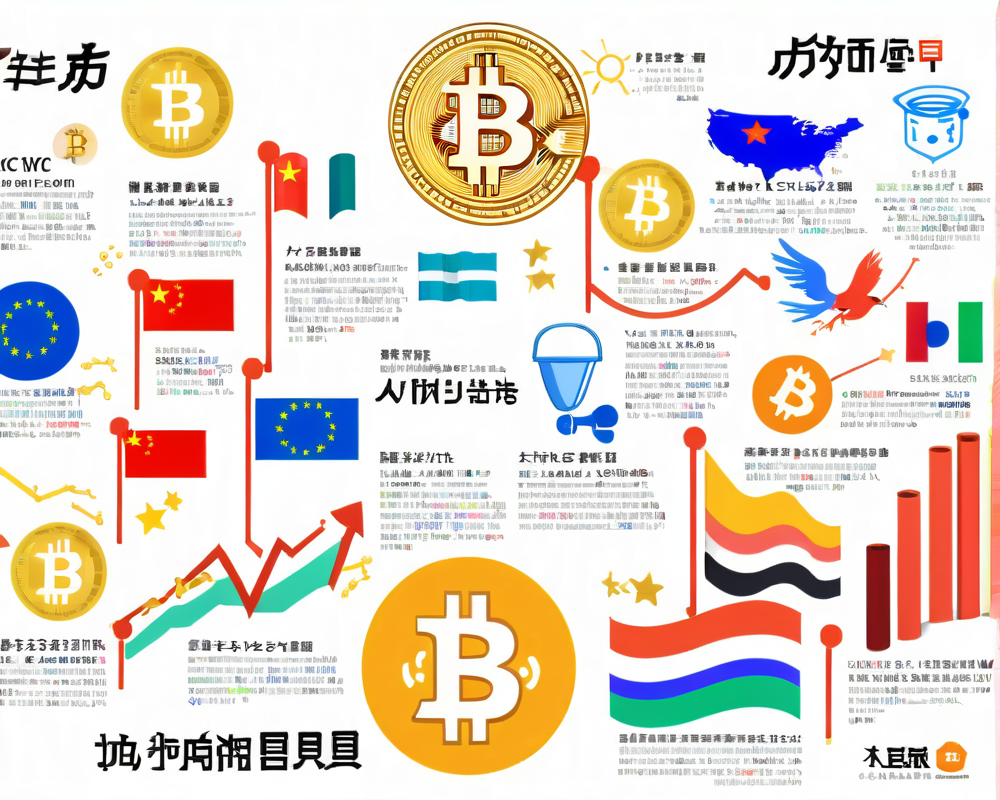The New Landscape of Bitcoin Transactions in China
In a surprising twist, Chinese Bitcoin exchanges are now rolling out increased scrutiny over user transactions, leaving many to wonder whether investing in Bitcoin is worth the headache. The People’s Bank of China (PBoC) is sending out a clarion call for tighter Know Your Customer (KYC) and Anti-Money Laundering (AML) protocols. If you thought diving into cryptocurrency was as easy as pie, think again. It’s more like trying to withdraw cash from an ATM in a foreign country without a pin number!
What Huobi and Friends Are Asking For
Grab your calculators and documents—this isn’t a simple transaction. Users of Huobi, one of the main Bitcoin exchanges flagged by the PBoC for having weak KYC protocols, now face a mountain of paperwork. Users are required to outline the origins of their funds, rather than merely asserting that they came from a hidden treasure buried in Aunt Edna’s backyard. Here’s a simplified checklist of the four key items they need:
- Your account information and login details.
- Account UID for authentication.
- Bank transfer records into Huobi’s account.
- A detailed explanation of how those funds came to be.
A Step-by-Step Example: Alice’s Dilemma
Let’s walk through the journey of Alice, who’s dying to buy $10,000 worth of Bitcoin. If Alice makes a seemingly innocent bank transfer from HSBC, the excitement doesn’t last long. After the bank sends the cash to Huobi, Alice must climb the mountain of KYC requirements. Below are the queries she must navigate:
- Where exactly did Alice obtain this $10,000?
- What does her bank transfer documentation say?
- How does she plan on using this Bitcoin? A new car? A vacation?
- What will happen to her funds afterward?
The pressure is on, making Alice wonder if she should just take up knitting instead.
Comparison & Contrasts: China vs. Japan & South Korea
While joyfully swimming upstream in the murky waters of KYC regulations, Alice might look at her peers in Japan and South Korea and sigh. In those countries, the regulations are strict but not absurdly demanding. They want the source of funds, but they aren’t diving into every single bank transaction. Could this be the reason why trading on local platforms is getting trickier in China, pushing users towards LocalBitcoins and other over-the-counter markets?
Will Users Be Free to Withdraw Funds Soon?
According to CNLedger, the silver lining for Huobi and OKCoin users is that after putting these KYC and AML protocols in place, users should soon be able to have their money again. It’s not just about compliance; it’s about allowing people their hard-earned funds. Just when you thought you could finally sneak back to dipping your toes into crypto waters, be prepared for regulatory storms.
The Bigger Picture: What Lies Ahead?
The developments in the Chinese financial system are nothing short of monumental. Recently, China’s banking system has overtaken the Eurozone, making it the largest in the world by assets. As the PBoC continues to regulate the ever-evolving Bitcoin landscape, the question lingers: how will this affect traders and investors moving forward? It appears that with increased scrutiny comes increased responsibility—and let’s be real, no one likes a surprise pop quiz.




